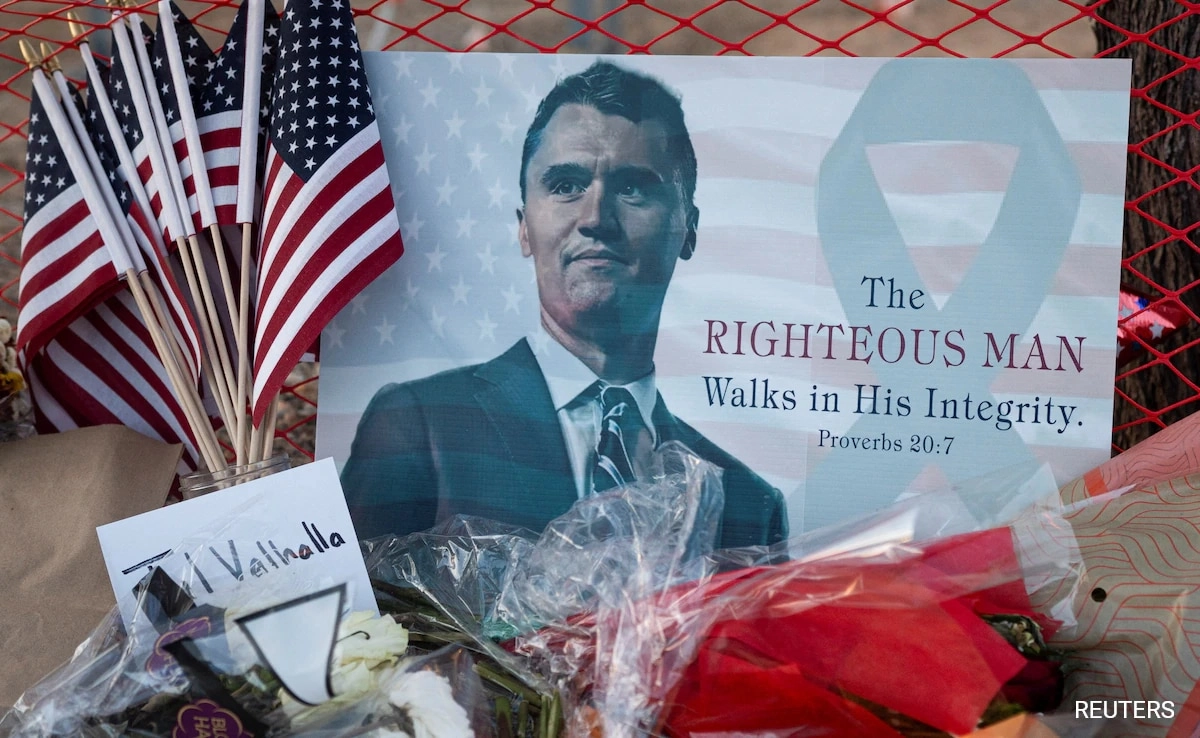In a recent statement, former President Donald Trump addressed the ongoing conflict in Ukraine, emphasizing the need for a distinct approach when dealing with Russian President Vladimir Putin. Trump underscored that the complexities of the situation necessitate a strategic and nuanced response, given Putin’s historical unpredictability and aggressive tactics. He articulated his belief that the West must adopt a firmer stance, particularly in light of Russia’s military actions, which have escalated tensions in Eastern Europe and raised concerns globally.
Trump’s comments reflect a growing sentiment among many political leaders who advocate for a stronger response to Russian aggression. The conflict in Ukraine has not only humanitarian implications but also significant geopolitical ramifications, influencing global alliances and security dynamics. Trump suggested that understanding Putin’s mindset is crucial for formulating effective diplomatic strategies. He warned that traditional methods may fall short in addressing the challenges posed by a leader who has demonstrated a willingness to flout international norms in pursuit of territorial ambitions.
Moreover, Trump’s warning serves as a reminder that engaging with Putin requires careful consideration of the stakes involved. The former president’s perspective highlights the importance of leveraging diplomatic tools while being prepared for potential military responses if necessary. As the situation in Ukraine continues to evolve, the international community must navigate a path that balances support for Ukrainian sovereignty with the imperative of avoiding a broader conflict. Ultimately, Trump’s remarks call for a reassessment of how Western powers interact with Russia, advocating for an approach that is both assertive and strategic in the face of ongoing challenges.




